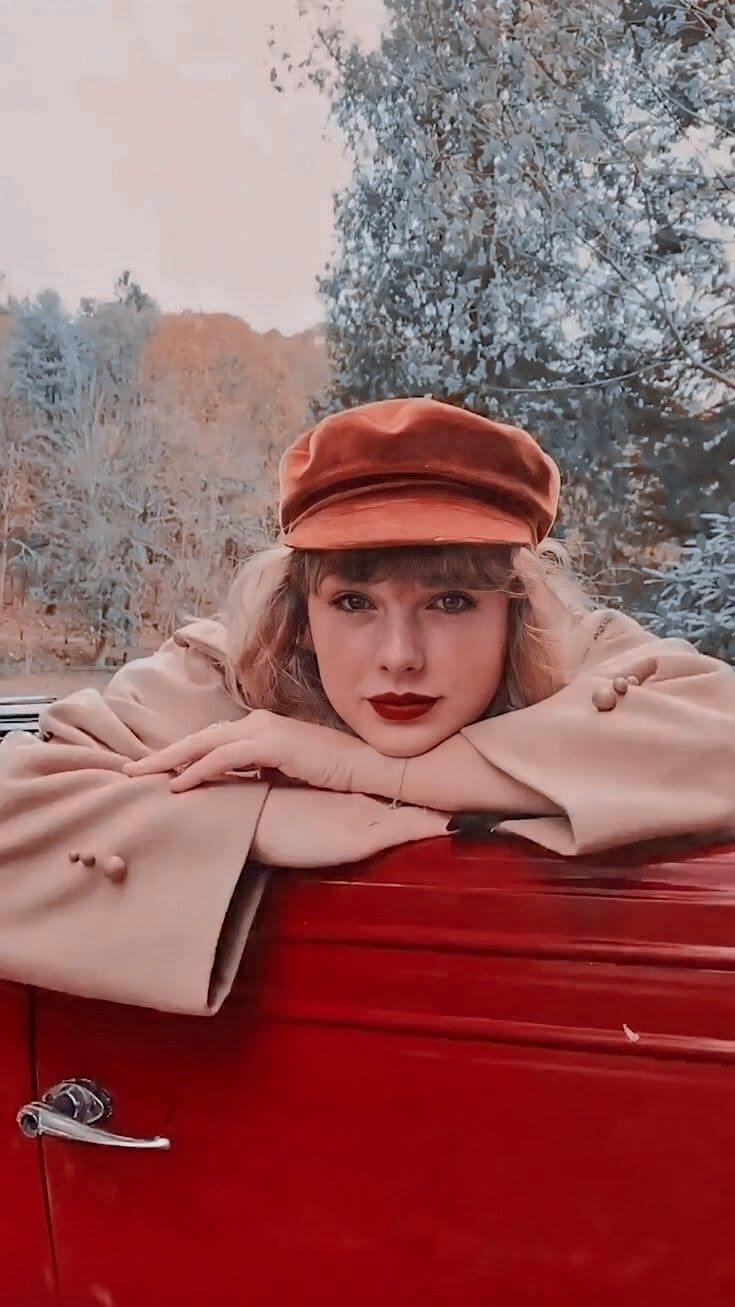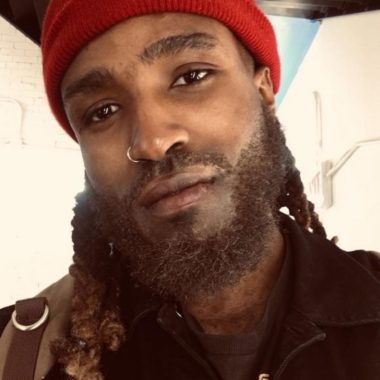STREAMING IS KING
Over the past couple of decades, record labels have sought new ways to profit off their recording artists. In the early 2000s, the music industry was being ravaged by leaks and free music downloads through sites like Napster and the advent of the mp3 file. Today, streaming services (Spotify, Apple Music, Tidal, etc.) have replaced sites like Napster, and labels most definitely make their share from music streams. However, labels may have another challenge on the rise, re-recordings.
What is a re-recording, and why is it potentially problematic for labels? A re-recording is as simple as it sounds, a musician re-recording their songs or albums. Typically, when an artist signs a recording contract the label owns the ‘master recording’ or the original recording of an artists’ music. With ‘master recordings (known as masters), labels license music to be played in commercials, movies, T.V. shows, etc. If the artist writes or plays instruments on the song, they get a percentage of royalties from licensed deals, however, they do not own the actual recording (masters), the label does.
Re-Recordings
Re-recordings could be seen as particularly harmful to label profits. If a major recording artist is no longer signed to a particular contract and chooses to re-record their previous material, the label can lose licensing opportunities, streams, and other profits.
The lion’s share of labels’ music profits come from their most well-known musicians. When huge recording artists gain ownership of their masters, labels lose out on larger profits over time. Yet, most artists never gain ownership of their recordings. Icons’ like Etta James’ or Whitney Houston’s most legendary recordings were never owned by them.
In 2019, pop-country musician Taylor Swift set out to re-record her previous material after an unsuccessful bid at buying her masters, losing to music entrepreneur Scooter Braun in a contentious public battle. Thus far, she has re-recorded two full studio albums, with incredible success, both Taylor’s re-recordings topped the billboard 200 album chart in 2021. The success of Taylor’s re-recordings is a signal to other artists who are in a position to do the same, but also for labels to prevent it from happening.
Recently, on Power 105’s Breakfast Club, R&B veteran Ashanti discussed similar issues with obtaining her master recordings for her upcoming tours and performances. In Ashanti’s case, she wasn’t seeking ownership, just the original recording files to use for tours. After being declined by her former label, the singer decided to re-record her studio albums.
One perspective is that established independent musicians like Ashanti, now have another reason to reintroduce themselves to a newer audience while also capitalizing on nostalgia. Today, artists can utilize social media and other online platforms to promote themselves and their music to millions of followers instantly. And with the massive success of Taylor Swift’s re-recorded albums, re-recordings may become repackaged or reimagined nostalgic moments to look forward to, similar to Swiss Beatz’ Versuz battles.
Ownership
Many people remember Prince’s very public protest of labels’ ownership of artists and their creations. For a time, Prince refused to use his stage name, and was referred to as “the artist formerly known as Prince.” Consequently, in the years that followed his spat with his label until his passing, Prince would regularly refuse to record music with artists that didn’t own their masters.
‘The most valuable lesson that I’ve learned is that its’ music business. If you are great in business but have no taste in music, someone is going to take your money. If you are well versed in music, but you don’t understand the business, somebody is going to make your money. Both are very important. No bank gives a loan to a business and walks away with copyrights, trademarks, etc.” – Pharell Williams
Record deals are not bank loans. Record labels are in the business of ownership over artists’ material and their brand, not simply recouping their monetary investments in a musician’s career. I’m essence, labels offer clout and opportunity in exchange for ownership and stake in an artists’ brand. Artists sign their contracts in hopes of achieving popularity and success with music —- clout has always been currency.
While re-recordings are a savvy way for established artists to have ownership of their most beloved songs, this likely will only benefit very famous artists like Taylor Swift, as smaller acts may not have the connections to fully take advantage of licensing opportunities, nor clout to sway the listening public.
Labels
Record labels are businesses and from that perspective, artists are their products. Of course, they want to own their products. In addition, labels foot the bill for much, or many of their biggest’ artists’ recording career, music videos, marketing, etc. The big push of a label comes with monetary benefits and industry connections. The ownership of an artist’s career to that degree for many is questionable, but is it wrong?
At the moment artists like Ashanti, Frank Ocean, and Taylor Swift are taking advantage of their position and outsmarting labels. However, for now, re-recordings may only be beneficial to bigger artists who have the means to promote their re-recordings and sway listeners to purchase and stream their re-recorded content. In short, artists simply need to understand their options and their contracts before signing deals.
Roderick Thomas is an NYC-based writer, filmmaker, and Host of Hippie By Accident Podcast.
(Instagram: @Hippiebyaccident, Email: rtroderick.thomas@gmail.com, Site: roderickthomas.net)










